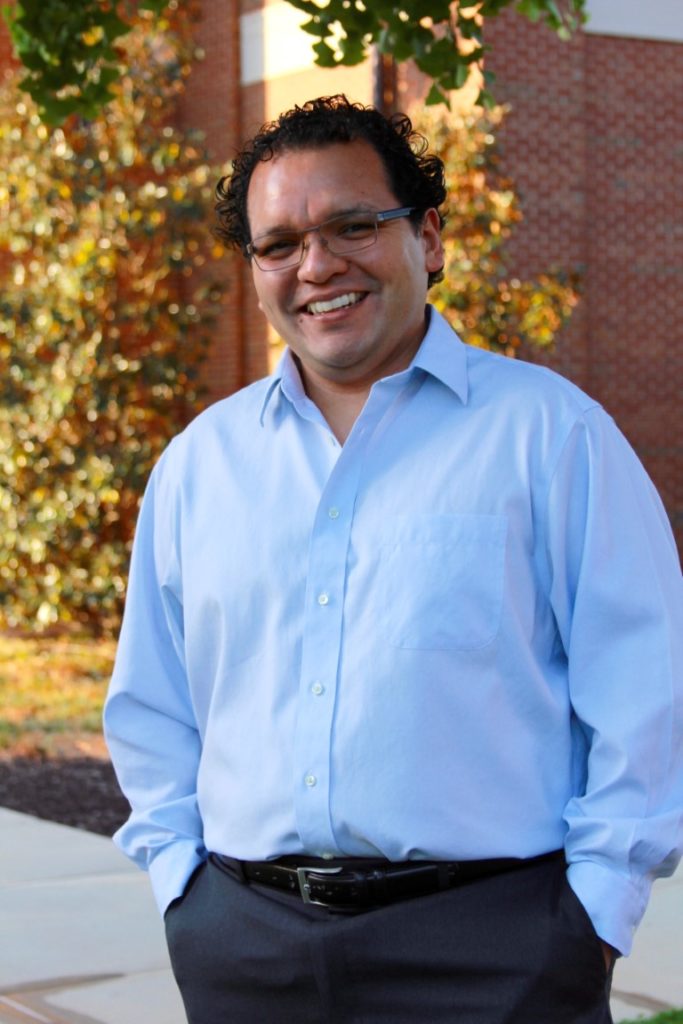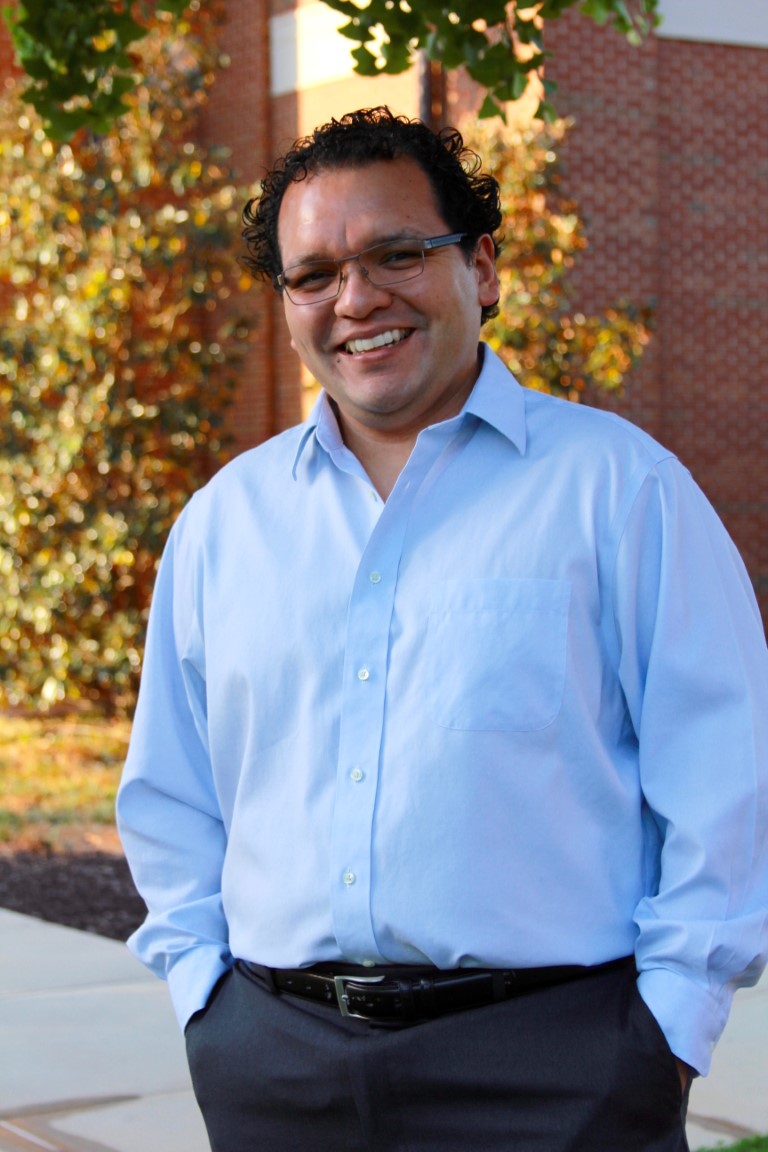By Clint Thompson
The University of Georgia (UGA) turned to one of its own to man the newly created peach and citrus breeder position in the College of Agricultural and Environmental Sciences (CAES).

Dario Chavez joined UGA in 2014 and has conducted peach research on the UGA Griffin Campus for the past 10 years. Chavez will expand his research to include citrus in his new position.
“I have experience with peaches and some experience as a grad student with citrus, but I will probably take a lot of time to check with the growers and breeders in Florida and other states, just to see how they’re approaching things and try to see what are our needs,” Chavez said.
Research Program
Chavez’s research program will focus on developing peach and citrus cultivars that favor production in the Southeast. The goal is to enhance production of both crops in Georgia.
“For peaches, we do have a good and successful breeding program at the USDA in Byron. The idea is we will keep the collaboration with them and try to help with producing new cultivars,” Chavez said. “The idea is to try to work better with middle Georgia and South Georgia to produce material that will have different chill requirements and maybe have materials that will be ready when we have issues with chill, which we have been having often now,” Chavez said.
Georgia Citrus
Georgia citrus breeding is not entirely new. Wayne Hanna studied various citrus cultivars on the UGA Tifton Campus. Chavez will continue to research what varieties work in the region, along with the popular satsuma mandarin.
“From me as an outsider, and having chatted with a lot of industry experts and having interaction with the growers is can we grow a citrus that can actually grow in more than South Georgia? Can it grow in Middle Georgia and farther north? Can we focus on the cold-hardy citrus aspect of things? If we can create a breeding program where we can produce materials that can easily grow in different areas, not just South Georgia, and also different types of citrus – not just mandarins but also oranges, grapefruits and other things – I think that will be the key component,” Chavez said.










